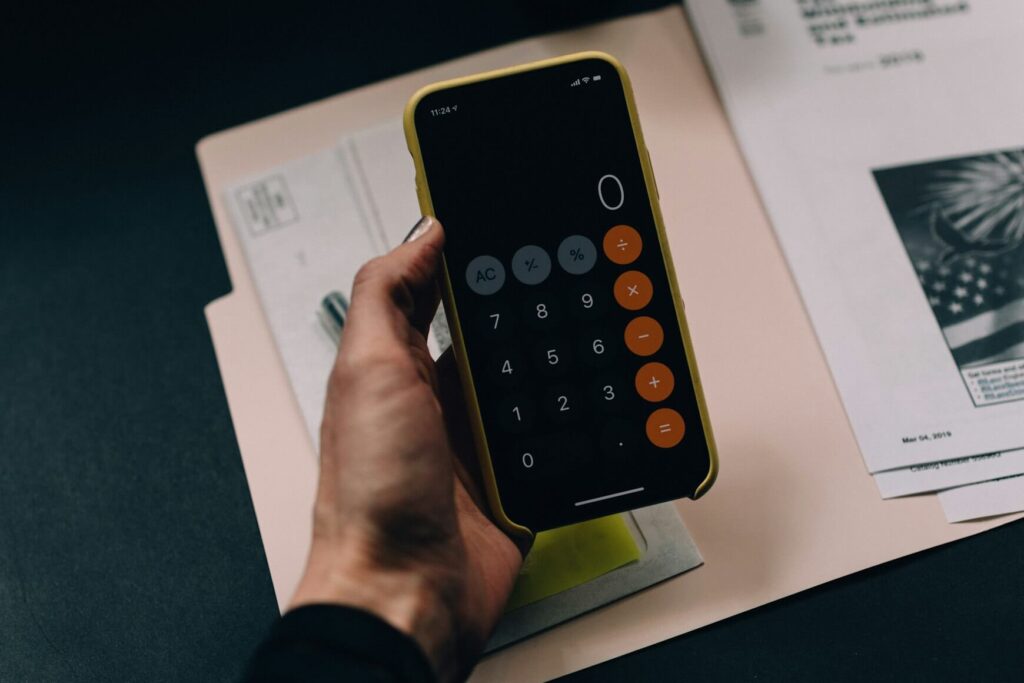Budgeting 101

Budgeting is a key aspect of personal finance and can help you manage your money effectively. Here are a few steps to get started with budgeting as a beginner:
- Track your spending: Keep track of all your spending for a month to get a clear picture of where your money is going.
- Identify your fixed and variable expenses: Fixed expenses are those that stay the same each month, such as rent or mortgage payments, while variable costs are those that can change, such as groceries or entertainment.
- Set a budget: Based on your spending, set a budget for each category of expenses, making sure to allocate enough money for necessities and some for savings and discretionary spending.
- Stick to your budget: Once you’ve set a budget, make a conscious effort to stick to it. Use cash or a budgeting app to help you keep track.
- Monitor and adjust: Regularly review your budget to see if you’re on track and make adjustments as needed.
- Consider automating savings: Automatically transferring a portion of your income into savings can help you reach your savings goals without thinking about it.
Remember, budgeting is a flexible process and can take some time to get used to. Start small and make changes as you go along; eventually, it will become a habit. There is no one-size-fits-all when it comes to budgeting – make your budget work for you. First, cover your needs and try to prioritize what makes you happy – that way it will be easier to stick to, and don’t forget to save and invest.